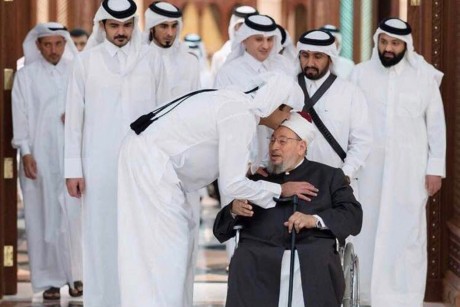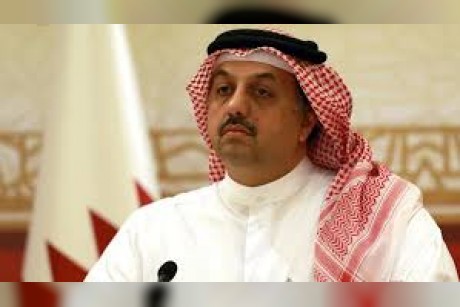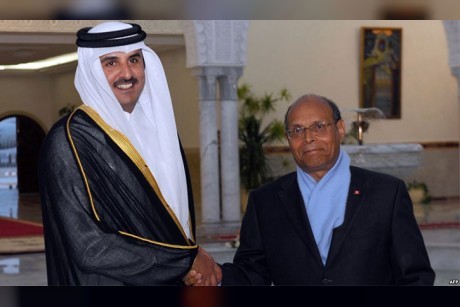The Gulf and Arab countries’ leaders early realized the terrorist Ikhwan danger, as it threatens the Arab nation’s security and stability. Everyone knew that except Qatar, which chose to walk against them, so Doha became the safe refuge for the organization's members and its main supporter after removing Mohamed Morsi’s regime in Egypt.
The most of the boycott’s 13 countries’ demands are about one case, Qatar’s relation with the terrorist Ikhwan, as well as demanding Qatar to cut ties with Iran, shutting down Al Jazeera, stop naturalizing the dissidents who were denied by other countries, according to an opinion article published on The Qatar Insider.
Despite US and Kuwaiti mediation efforts, it seems unlikely to reach an agreement, while Saudi Arabia, Egypt and the UAE stressed that the demands are non-negotiable and promised further escalation if the deadline goes without agreement, according to the website.
The boycott countries consider that Qatar has long been very close to Iran and supports Al Jazeera and similar media in a provocative manner, beside financing armed groups. The kingdom and the UAE in particular consider Qatar’s support for the terrorist Ikhwan as a serious threat to their regimes, so it’s not just unacceptable, but totally unbearable.
The 13 demands include a range of issues, most of them are about continuing concerns about Qatar's relationship with the terrorist group Ikhwan and reflect the desire of the boycott countries to curb the Qatari threat to their security.
Al Jazeera covered the January 2011 uprising in Egypt, joined its GCC partners in opposing the subsequent uprising in Bahrain and participated in Saudi-led military intervention in March 2011 to support Bahrain against the protests.
But as Ikhwan grew politically, following the Arab Spring, Qatar took an independent path and strongly supported terrorist groups.
This Doha decision partially reflects its ideological tendencies, as the Emir Hamad bin Khalifa was close to Yusuf al-Qaradawi, Ikhwan's spiritual leader who lives in Qatar since 1961, and Al Jazeera provided him with a platform to speak for Ikhwan.
Doha's decision to support Ikhwan also reflects its strategic considerations, as they won the elections in Egypt and Tunisia, Ikhwan appeared to be the political wave of the future, but they didn’t pose any internal danger to the Qatari regime because Doha dissolved the organization in 1999.
The Brotherhood sought to establish a "global Islamic state" under its control, which would bring down these non-Ikhwan Muslim governments in the long term.
Despite the deadly threat of Ikhwan to the GCC states, Qatar continued supporting them. After overthrowing Morsi, Qatar gave refuge to some of the organization's leaders who fled Egypt and hosted them at the five-star Doha Hotel and gave them regular broadcast times to promote their cause.
Al Jazeera broadcasted the protests of Ikhwan against overthrowing Morsi, and paid money to their leaders to appear on its screen. That made Saudi Arabia, Bahrain and the UAE pull their ambassadors from Doha in March 2014, for violating the principles of the GCC, which refuses to interfere in the internal affairs of its members.
Qatar continued to be a link between Ikhwan networks in the region and houses Hamas leaders, the Palestinian branch of Ikhwan, which is classified as a terrorist organization by the US. In addition, Al Jazeera continues to promote Ikhwan voices, and often employ the outlets and think tanks funded by Qataris, Ikhwan’s cadres and allies like al-Qaradawi.
Therefore, it shouldn’t be surprising that the concern about Ikhwan, at the heart of the Gulf crisis, and the list of 13 demands. The second demand - for example - is to make Doha promise to "cut all ties with terrorist organizations, specifically Ikhwan" and declare it as a terrorist group.
The third demand also calls on Qatar to shut down “Al Jazeera and its affiliated stations", that speaks for Ikhwan, and the fourth one calls for closing at least 4 other ports, which are considered to be strongly supportive of Ikhwan.



